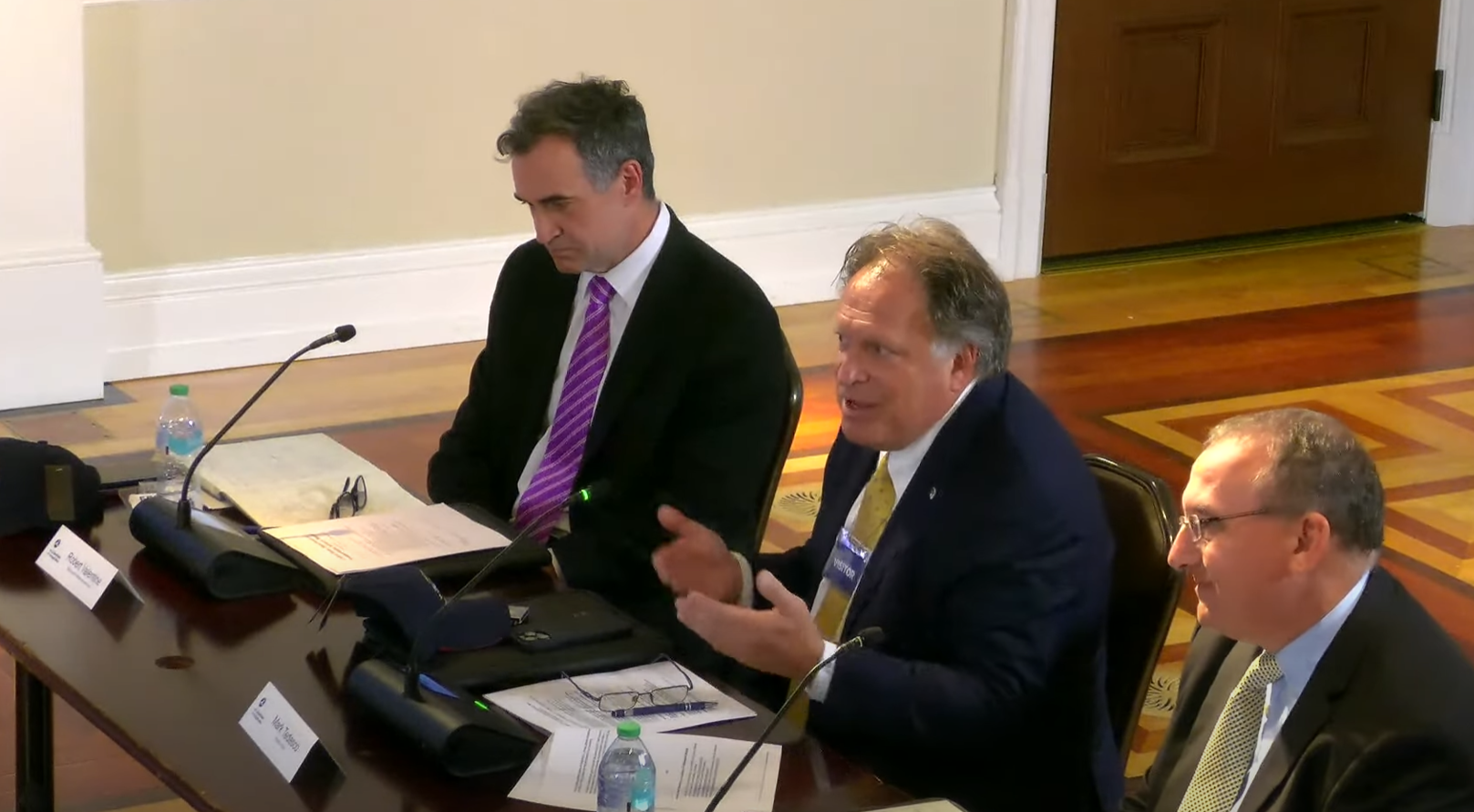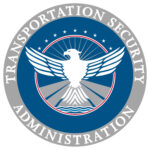USDOT Launches New Transportation Advisory Board, Aims for Fast-Track Infrastructure Progress
Academy Bus’s Mark Tedesco appointed; Secretary Duffy highlights innovation and investment priorities

The U.S. Department of Transportation officially launched its newest federal advisory committee during a high-level meeting Tuesday at the Eisenhower Executive Office Building, marking a significant step toward shaping the future of American transportation policy and infrastructure development.
The Transportation Advisory Board, a newly formed group tasked with accelerating strategic innovation and infrastructure investment, held its inaugural session just minutes after the Trump Administration formally announced the names of its appointed members. Among those named was Mark L. Tedesco, Executive Vice President, Academy Bus, LLC, representing the motorcoach and commercial passenger carrier sector.
“It’s an honor to represent the motorcoach and passenger carrier industry on the Transportation Advisory Board,” said Mark Tedesco. “As we look ahead, it’s critical that our sector has a voice in shaping national infrastructure policy—especially as we tackle challenges around sustainability, connectivity, and equitable access. I’m proud to contribute to a dialogue that prioritizes innovation and strategic investment in American transportation.”
“On behalf of the American Bus Association, I congratulate Mark Tedesco from Academy Bus on his appointment to the U.S. Department of Transportation’s Transportation Advisory Board,” said ABA President and CEO Fred Ferguson. “Mark’s deep experience and leadership in the motorcoach industry make him an outstanding representative for our members and the broader commercial passenger transportation sector. We’re grateful for his service, Academy’s membership in ABA and we’re proud to see the industry’s voice included in this important national conversation about the future of transportation policy and infrastructure investment.”
USDOT Secretary Sean Duffy, who opened and attended the majority of the meeting, emphasized the need for public-private partnerships and strategic private investment to meet the country’s urgent transportation needs. Duffy underscored his call for “more American dollars invested in American infrastructure,” echoing recent comments urging less reliance on foreign investment in critical transportation projects.
Appointed to chair the new board is Greg Reuben, who led discussion around the group’s broad mandate. The Advisory Board will meet at least quarterly, with smaller working groups expected to convene more frequently to advance fast-moving priorities.
According to the DOT’s announcement, the Board is charged with delivering recommendations in four core areas:
- Strategic modernization and expansion of infrastructure;
- Investment opportunities in transportation technology and innovation;
- Regulatory and policy improvements to reduce red tape; and
- Public-private partnerships to amplify project impact and funding.
During the meeting, Tedesco raised concerns about idling restrictions in New York City and advocated for more thoughtful engagement with local governments on practical operating challenges for commercial carriers. Reuben followed with a broader commentary on congestion pricing and the urgent need for expanded commercial vehicle parking, signaling that urban infrastructure constraints are top of mind for the group.
An unpublished presentation discussed at the meeting reportedly outlined at least seven actionable recommendations for Secretary Duffy’s consideration, which the committee may pursue outside the formal legislative and regulatory channels. These include exploring toll-based funding, fee-generating mechanisms, and expedited projects supported through unsolicited private investment proposals.
This new advisory body represents a key mechanism for USDOT to quickly elevate ideas and forge consensus around emerging transportation needs, without waiting on slow-moving legislation. With both public and private sector leaders around the table, the Board is expected to recommend and help initiate shovel-ready projects that can be implemented in months, not years.
Top photo: Academy’s Mark Tedesco (center) addresses concerns about idling restrictions.



